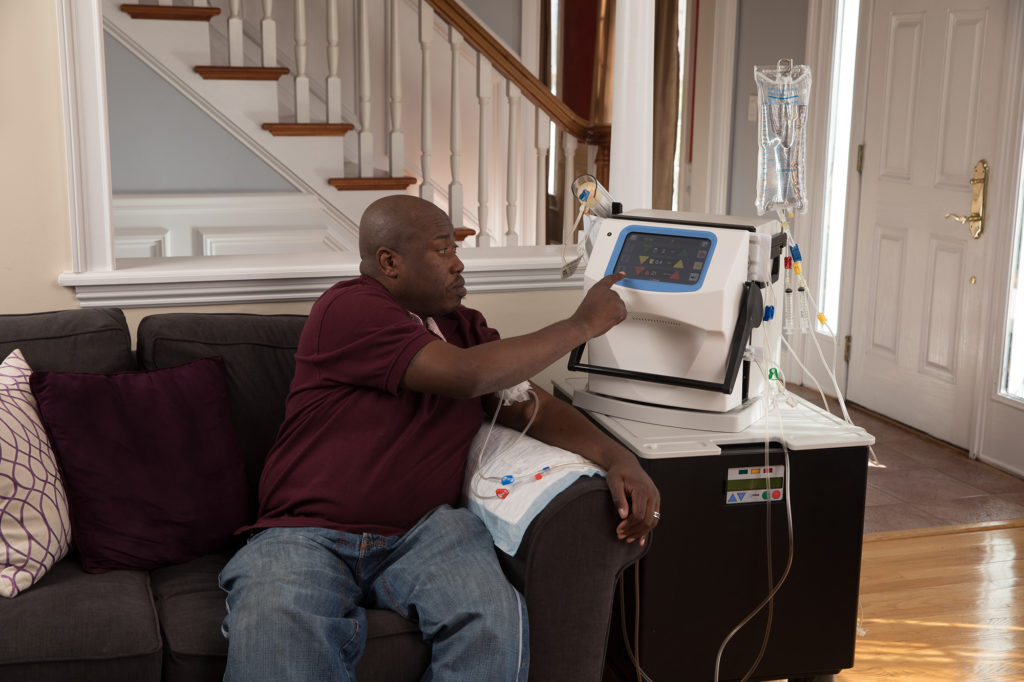The Importance of Patient Choice in Home Dialysis
May 18, 2022
Whether by carrot or by stick, the 2019 Advancing American Kidney Health Initiative (AAKHI) Executive Order and its associated voluntary (Kidney Care Choices) and mandatory (ESRD Treatment Choices) models incentivize dialysis providers and nephrologists to increase rates of home dialysis and transplantation in their patient populations. The Rogosin Institute believes that promoting patient choice – and specifically giving patients comprehensive, unhurried, and multidisciplinary education about ALL their options – is the fundamental driving force that will enable us to meet these goals.

But what does “patient choice” mean? In our view, it means arming patients with the knowledge and support they need to make the best choice for them in their specific life circumstance. In practice, we believe strongly that if given this knowledge and support, patients will naturally choose home dialysis and transplantation.
Since 2015, most of our advanced CKD patients have gone through our Program for Prevention and Education in Advanced Kidney Disease (PEAK). This multidisciplinary clinic provides intensive education about kidney physiology, dialysis access, and kidney replacement modalities (including transplantation, home hemodialysis, peritoneal dialysis, incenter hemodialysis, and conservative care). This education is coupled with medical nutrition therapy to improve overall health, mental health resources to help patients and their families during an extremely emotional transition period, peer-advocate coaching to give patient-level support, and care coordination services to ensure that patients get the attention they need.
Our program has had success with nearly 40% of PEAK’s incident ESRD patients having either received a preemptive transplant (13%) or started home dialysis (26%) as their incident form of kidney replacement therapy (as compared with a 5.9% incident home dialysis and 3% preemptive transplant rate in New York State, and a 3.7% incident home dialysis rate in New York City according to the most recent USRDS). By empowering our patients with resources and education, they can feel better and make the best choices for themselves and their families which is the ultimate goal of home dialysis.
Dr. Frank Liu is the Director of Home Hemodialysis at the Rogosin Kidney Center. Dr. Vesh Srivatana is the Director of Peritoneal Dialysis at the Rogosin Institute.
